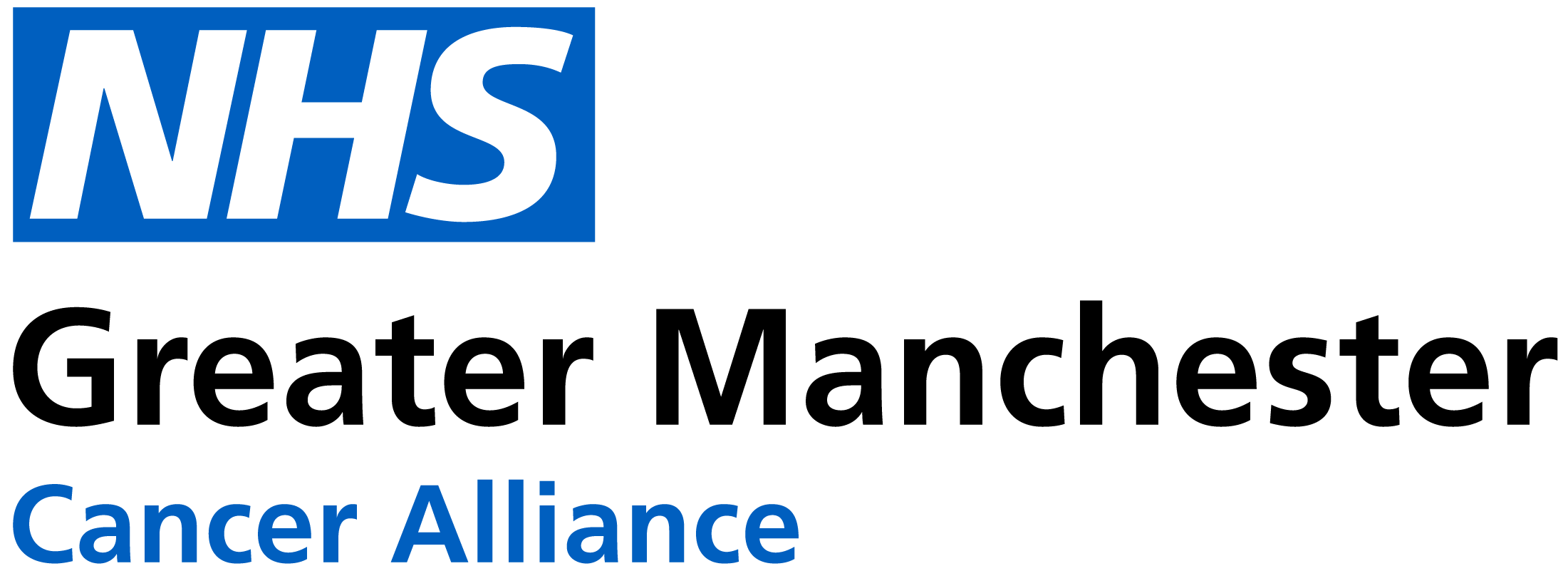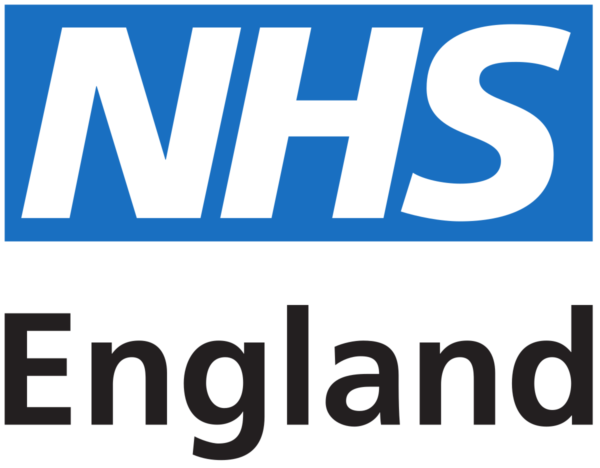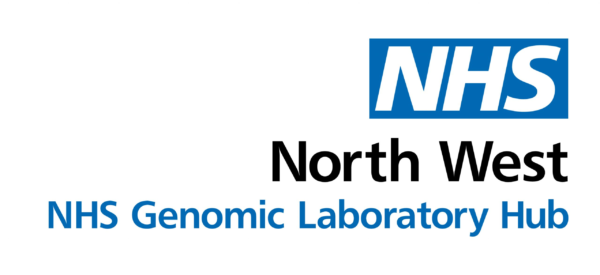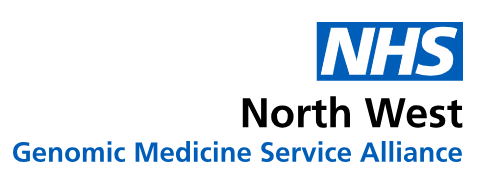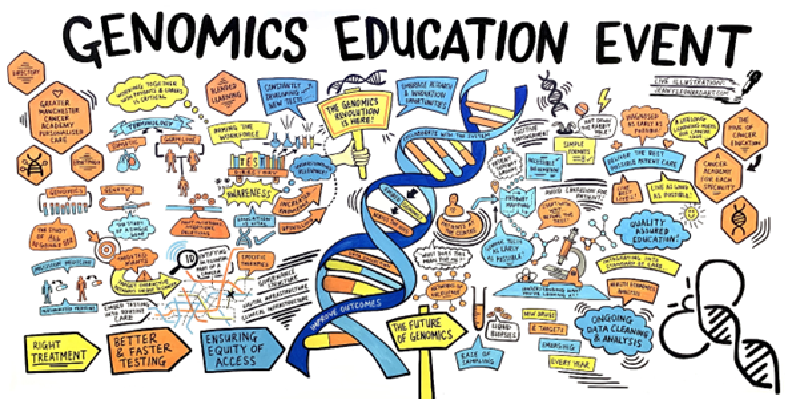The Greater Manchester Cancer Alliance is committed to embedding genomic testing across Greater Manchester Cancer Pathways to ensure a timely diagnosis of cancer using predictive testing, and deliver targeted treatments where appropriate to improve patient outcomes.
This is an exciting project that will truly personalise the care the cancer patients receive. The genomics revolution is here!
What is Genomics?
Genomics is the study of a persons genes, how they work together and the ways in which they are influenced by the environment. Genetics focusses on how genes are passed down from your parents and how they cause traits or disease in a person. A gene variant is a permanent change in a person’s genes, and we can investigate the variants in people with cancer to tailor their cancer care to them.
Take a look at these short animations that have been created to help patients understand how genomics might be used in their care and treatment
Genomic Testing: who makes it happen?
GM Cancer Alliance are working with all these bodies to embed genomic testing into oncology pathways by:
- Mapping pathways to understand capacity and demand and where in the pathway genetic testing should be carried out
- Ensuring equitable and timely access to genetic testing for all eligible patients
- Bringing together all stakeholder organisations to make decisions at The Genomics Delivery Group
Genomics Medicine Service (GMS)
Commissioned by NHS England in 2018
National Genomic Test Directory outlines all genomic tests available on the NHS via the GLH’s
North-West Genomic Medicine Laboratory Hub (GLH)
- Based at St. Mary’s Hospital
- Responsible for carrying out testing
- Request forms for tests can be found here: North-West GLH
Manchester Centre for Genomic Medicine (MCGM)
Based at St. Mary’s Hospital, and incorporates
Clinical service responsible for carrying out germline testing and counselling patients with a genetic variation
North-West Genomic Medicine Service Alliance (GMSA)
Hosts and signposts educational and training resources:
Cancer care :: North West Genomics Medicine Service Alliance
Germline and Somatic Gene Variants
There are two types of gene variants: germline (or inherited) and somatic (or acquired). Germline variants are inherited from your parents and they are a part of your DNA. You may have a variant which increases your chances of cancer, this is something we can test for if you have a strong family history of certain cancers. Somatic variants occur just in your cancer, and understanding the variant can tell us which personalised medicine is best suited to you and your cancer to give you the best outcomes. Both germline and somatic testing enable us to truly personalise your cancer care to you, and this is why at the GM Cancer Alliance we have chosen to align this project with the Personalised Care Programme.
Personalised Medicine or Targeted Treatments
Personalised medicine is increasingly spoken of, but what does it really mean? NHS England defines it as ‘a move away from a ‘one size fits all’ approach to the treatment and care of patients with a particular condition, to one which uses new approaches to better manage patients’ health and target therapies to achieve the best outcomes in the management of a patient’s disease or predisposition to disease.’
Targeted treatments based on your genetics (or the genetics of your tumour), are not a thing of the future but something that have been around for many years. The NHS Genomic Test Directory sets out all available tests that can be carried out to identify what genetic variations are present in your DNA or your tumour, and therefore which personalised medicines will work for you. More tests are being approved every year and we must ensure that we have the systems in place to allow these tests to be carried out for our patients. At GM Cancer, we are doing this by evaluating pathways to ensure eligible patients are receiving the tests and that the results are returned and actioned in an appropriate time frame.
Genomics Education Event 16th January 2026
The event brought together speakers from local, regional and national organisations and showcased the amazing work that is ongoing to create more equitable access to Genomic testing.
This was a sold-out event, which really shows the appetite amongst professionals in Greater Manchester to better understand the ever expanding role of genomics in the care and treatment of our cancer patients.
